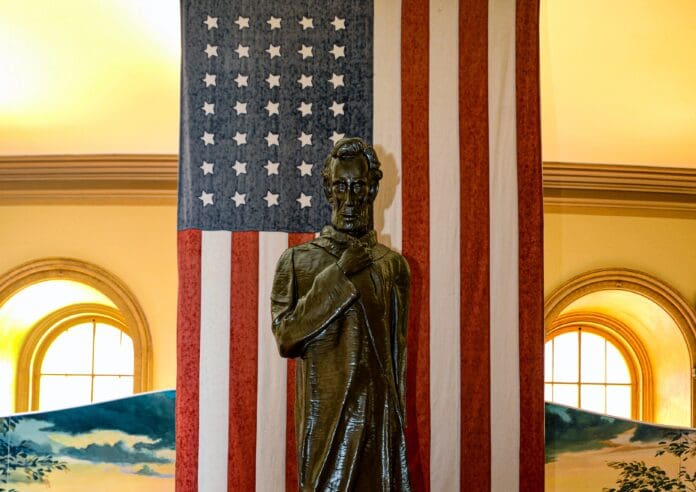- Two public events are planned for Nov. 23 and Dec. 14
Did you know that the most important historic building in the state of West Virginia is located right here in the Friendly City?
Like the more famous Independence Hall in Philadelphia, where both the Declaration of Independence and the Constitution of the United States were debated and adopted by the Founding Fathers of the United States, West Virginia Independence Hall was home to divisive debate and political change.
According to Debbie Jones, “Wheeling is the only city to serve as the capitol of two states and West Virginia is the only state formed from the Civil War … a state born of conviction, a state born advocating for and defending the United States of America rather than the seceded states of America.”
Jones is the manager of the hall which was named a National Historic Landmark in 1988.
With all the recent construction and on-going changes in downtown Wheeling, this historic structure remains a constant reminder of our important past that we build on today.
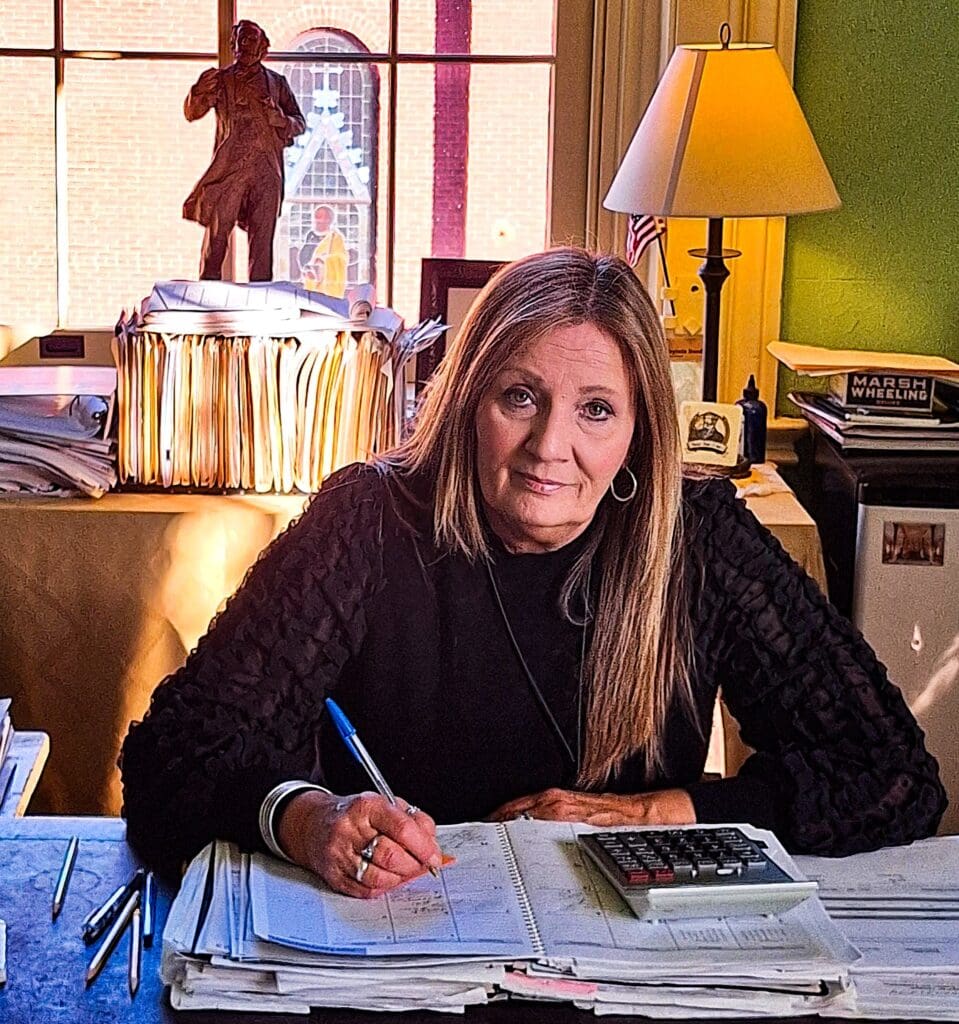
“We encourage Wheeling residents to stop in and learn about the importance of West Virginia Independence Hall,” said Jones. “We have a guest book visitors are welcome to sign their names and hometowns and believe it or not, most of our visitors are not from West Virginia.”
Jones added that locals often don’t know what the building is.
“I get visitors who stop in thinking they can get a copy of their birth certificate or find an active courtroom here. They walk or drive past the building all the time, but they may not realize it’s a museum that is free and open to the public.”
Completed in 1859 for use as a United States Custom House at a cost of $96,000, West Virginia Independence Hall was built at a time when Wheeling was one of the fastest growing cities in the then-state of Virginia, second only to Richmond, according to historical research in the booklet published by the West Virginia Independence Hall Foundation.
A new Custom House was deemed necessary because of the growth in shipping and freight being delivered to Wheeling by riverboat. Wheeling was named a “port of entry” and merchants could pay their river duties in Wheeling rather than New Orleans once the Custom House opened.
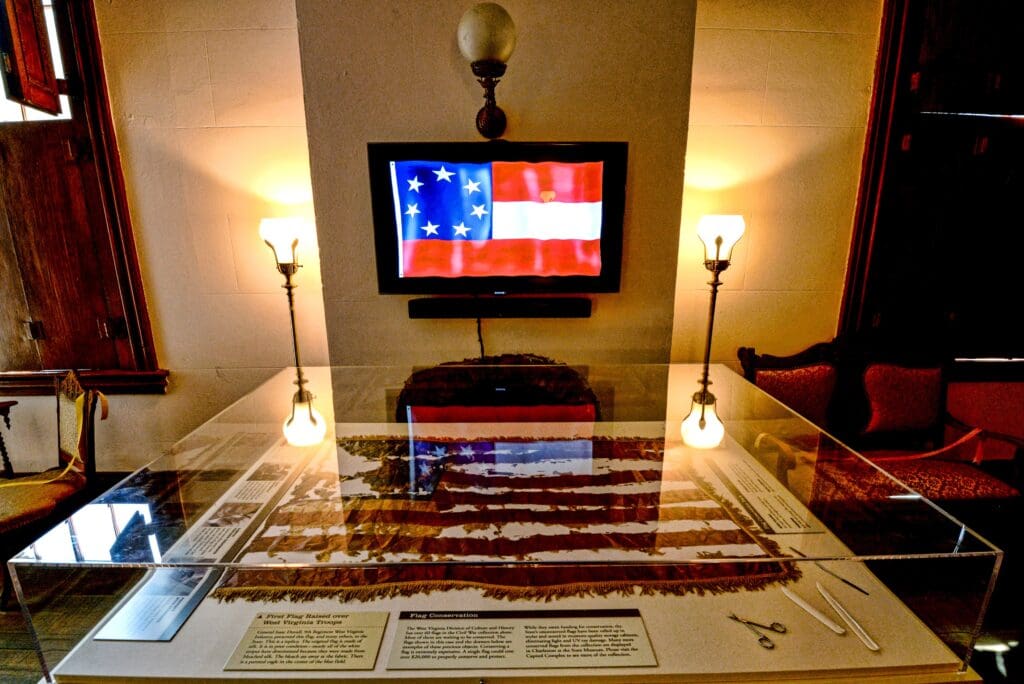
Designed in the style of Renaissance Revival architecture, the first floor became an early Post Office where residents received their mail at rented mailboxes. This area is completely restored to its original appearance and other West Virginia statehood exhibits are housed on this first floor.
The second floor of the historical structure housed the Custom Office where an official Surveyor of Customs, Thomas Hornbrook, oversaw custom duty collection and enforced navigation laws.
The third floor housed the federal district courtroom, where Judge John J. Jackson Jr. presided for the entire 44 years of the Custom House and is beautifully restored to its original elegance.
The importance of the building during the nineteenth century is easy to see. Today, it is a grand look at Wheeling, its growth and stature, and its contribution to the birth of our state as a result of the Civil War.
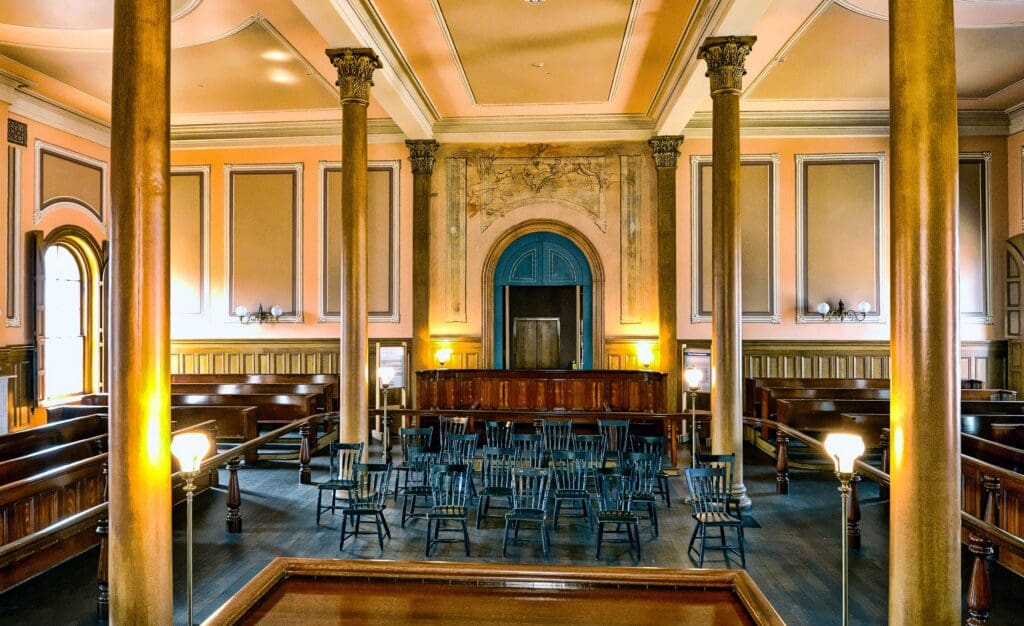
It was not long after the Custom House opened that South Carolina seceded from the Union and a few months later, the Civil War began. As the state of Virginia joined the Confederacy and seceded from the Union in April 1861, citizens in the western regions of Wheeling, Virginia declared the acts of secession by the Virginia legislature null and void and set up the “Restored Government of Virginia,” electing Francis H. Pierpont as Governor, remaining loyal to President Abraham Lincoln and the Union.
Governor Pierpont used this building as his office during the time of the “Restored Government of Virginia.” It was at his east window that he composed the telegram to President Lincoln urging him to sign the bill for West Virginia statehood. On December 31, President Lincoln signed the bill and West Virginia achieved full statehood on June 20, 1863.
Annually, hundreds of school children visit the Hall and learn about West Virginia’s history, the Civil War and Wheeling’s past.
Visitors can also view 13 original Civil War battle flags in a special exhibit on the second floor. Beyond these and other important relics now on display at West Virginia Independence Hall, there is a gift shop and special public programs planned throughout the year.
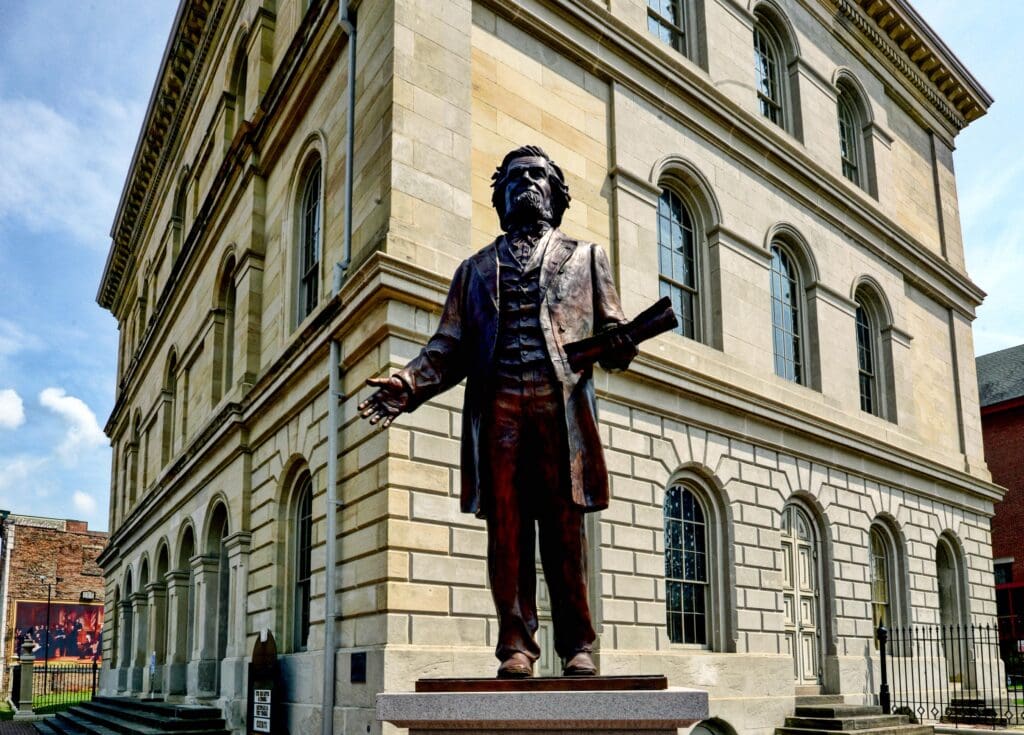
Coming up soon is a free lecture featuring professional storyteller Judi Tarowsky at 11 a.m., Saturday, Nov. 23 entitled, “When Sisters Were Soldiers.” Her program looks at the history of Wheeling Hospital before the outbreak of the Civil War. Guests will learn how the Sisters of St. Joseph operated the hospital when the Union Army took over the facility during the war, making the nuns honorary members of the army.
In December, there will be a free public concert by the nine-piece Community Serenade Band that features holiday music and light refreshments. This event takes place from noon to 1:30 p.m. on Saturday, Dec. 14.
Located at 1528 Market Street in downtown Wheeling, and operated by the West Virginia Department of Arts, Culture and History, West Virginia Independence Hall has free admission, parking and is open to the public Tuesday through Saturday.
For more information, please contact Jones at 304-238-1300 or visit WVIH’s on Facebook.

